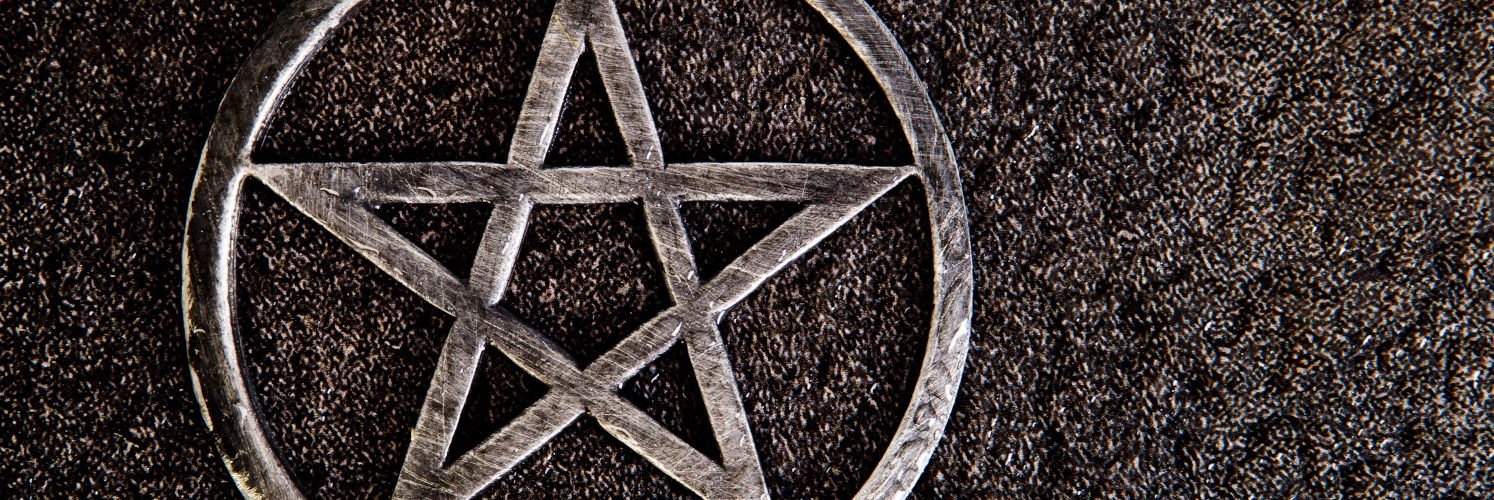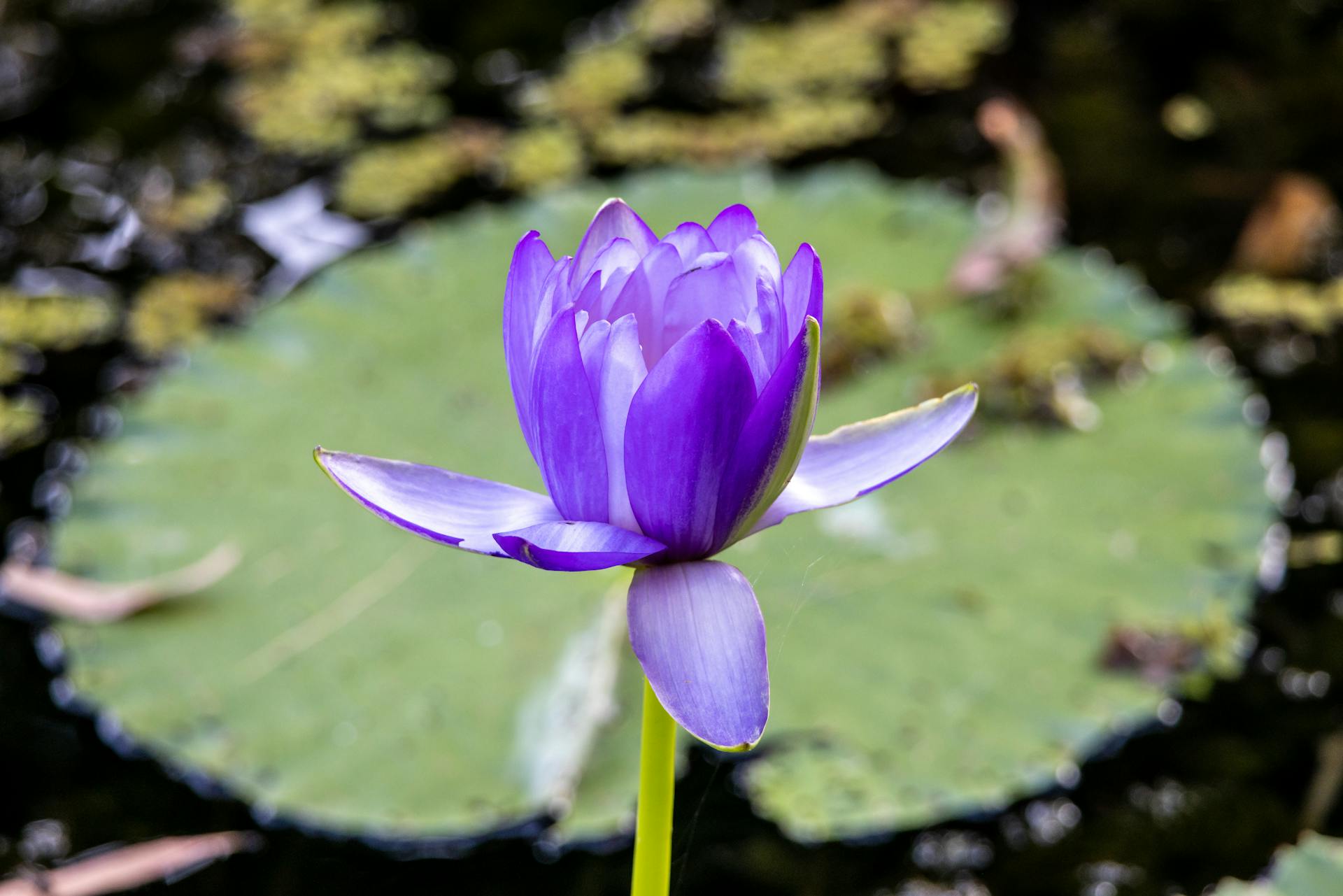In Traditional Initiatory Wicca – which I broadly define as the type of Wicca that has been taught orally and practically from teacher to student and which includes at least one initiatory experience which unlocks access to spiritual power and connections that the practitioner did not have access to previously – there are working rituals and celebratory occasions that have a distinct pattern, symbolism, and lore attached to them. And then, there is the other stuff. And the other stuff, at its heart, can really only be defined as purpose-driven and intuitive ecstatic practice. My spirit-mama Susan referred to it as The Work, and sometimes The Work involved night after night of spontaneously flying through the spirit-world to work with other nameless practitioners to pull the traumatized spirits of those recently deceased in mass casualty events out of their bodies and helping them to cross over. Other times, The Work involved feeding the Ancestors or repairing energetic wounds in the environment. Often, The Work involved the very earth that we live on – tending it physically and nurturing it spiritually. But mostly what I learned about The Work was that it generally went unnoticed, unadvertised, unappreciated, and misunderstood. In fact, except for a few harrowing adventures from her long tenure as an initiated witch that she told me about as cautionary yet educational tales, it seemed to me that The Work was downright boring.
I have a very different opinion on the matter now.
It took me over a decade of fully practicing those rituals and meditating on that symbolism and teaching those students and doing my own spiritual work for me to realize that The Work is the ultimate culmination of what it means to be a capital-“I” Initiate. The Work is what you get when your personal practice transforms into a personal mission to serve others – whether those others be our fellow living creatures, the planet herself, ancestors, familiar spirits, or the divine consciousness of the universe. The Work is our oaths in action. And it is a sacred vocation that comparatively few are privileged to undertake.
I’ve come to believe, at least at this point in my practice, that the reason Traditional Initiatory Wicca exists is to prepare us to do The Work. And because so much of it is experiential, there isn’t a great deal in the way of words that can adequately explain why The Work is so vitally important. But as a religion, as a faith, we have known from the beginning that the land and the people are one and that the people have a responsibility to nurture the land just as much as the land nurtures the people. As goes one, so goes the other.
When I was initiated, I was given a name and introduced to the Mighty Forces of the Elements, the Mighty Dead and other Ancestors, the Familiar Spirits of our tradition, and the Deities we worship and work with. Some of them have names themselves. Others have only energetic patterns that I recognize experientially as ones who are well disposed toward me and other practitioners in our tradition. And when I was introduced to those spirits, I was introduced as “Priestess and Witch”. The Priestess comes first, and I have come to realize that that wasn’t a decision made based on the easy flow of words and the scansion of syllables. It was made because an Initiate’s first responsibility is to do The Work that Deity has set before us to do, and Witchcraft is simply how we do it.
Now, did Gardner and Valiente and Cochrane and others realize this in the 1950s when witchcraft became visible to the public as something other than fairy-tale fiction and quackery? Perhaps. But those who were initiated in successive generations have come to find deeper and deeper meaning in the Craft. We have come to appreciate the nuances that come with being a mystery religion. We are a religion of clergy, and more often than not our ministry is not to our fellow humans but rather to Gaia – this planet-organism that we live on – and the Divine Consciousness of the Universe.
Let me be clear: I am not saying that those of us who do The Work are in any way better than anyone else. Anyone can do The Work, and they don’t have to practice Wicca in order to do so. In fact, I’ve met Christians, Muslims, Buddhists, and Indigenous people who all do The Work in their own fashion. But The Work, like the Craft itself, is not for everyone. Some people don’t have the desire or aptitude to do it. Others aren’t in a place in their lives where they can devote time and energy to it. Some people just want to bellydance and worship the Goddess, and that is no less noble an undertaking than The Work is. It takes all sorts to make the world go round. But for those of us who found ourselves at a certain point wondering if year after year of seasonal observances and rites of passage and self-improvement were all that there was to the Craft, that wondering is often the first step to discovering The Work.
Another thing I’ve become aware of is that the Great Work, which is a Hermetic concept that refers to the process of self-actualization and enlightenment, is not the same as The Work. It can be preparatory to it. It can be independent of it. But, at least for me, the Great Work of becoming my authentic self and understanding my place and my purpose is entwined with my identity as a Priestess and my oaths to do my part of The Work. In my tradition, we teach that part of the Great Work is contributing to the tradition and the community those things that we have experienced along the way in order to deepen and enrich the tradition for those to come after us. My Great Work was – and still is – to wholly accept, embrace, and affirm my identity as a Queer Witch and to bring that to my community in a way that enhances the experience of Wicca to all I practice with and minister to. The Great Work is what empowers me to live fearlessly and authentically. And The Work is what I as a Queer Witch do to keep the world spinning, the sun rising, the rain falling, the crops growing, the people prospering, and the malicious forces at bay.
One thing I must confess, though, is that I have not always been diligent in doing The Work. There have been times I’ve rejected it, ignored it, half-assed it, and otherwise disrespected it. I’m only human, after all, and science tells me that the sun will go on shining, the rain will go on falling, the crops will go on growing, and the people will go on living if I don’t expend the energy to help it do so. But it weighs on me at times, all those lost opportunities when I was afraid to give in to the moment or help those who needed it. Especially now, when so many people are struggling and it seems like malicious forces will never again be overtaken by benevolent ones.
But faith is not science, and trying to scientifically prove religious principles is a fool’s errand. That way lies madness, and I’ve been mad before. What I learned from the experience is indeed what the Buddhists say: “Before enlightenment, chop wood and carry water. After enlightenment, chop wood and carry water.” Becoming awakened to The Work and our tasks within it doesn’t negate the day-to-day realities of life. But it does change how we view those day-to-day realities. It is my goal, as we enter into the dark half of the year, to take better care with my part of The Work and to help others who are just now discovering it gain the skills necessary to do their part.
My good friend and magickal partner Vivian pointed out to me recently that, at a certain point in our spiritual development, the Wicca we learn isn’t really the Wicca we practice. And I think that’s because as we advance in our faith, the cosmology and symbolism we “grow up” with becomes less of a priority than the mystical realities that we experience. But I believe that at its heart it is the same Wicca, and that the gateways we pass through as we live our faith and practice our craft is in fact the entire reason that Wicca exists to begin with. All of the study and practice and initiations and experience leads us to a moment of understanding that gives us certainty in our purpose for living, and that purpose is the continuation of The Work. Therefore, may our Work be fruitful, and may the Gods preserve the Craft.

